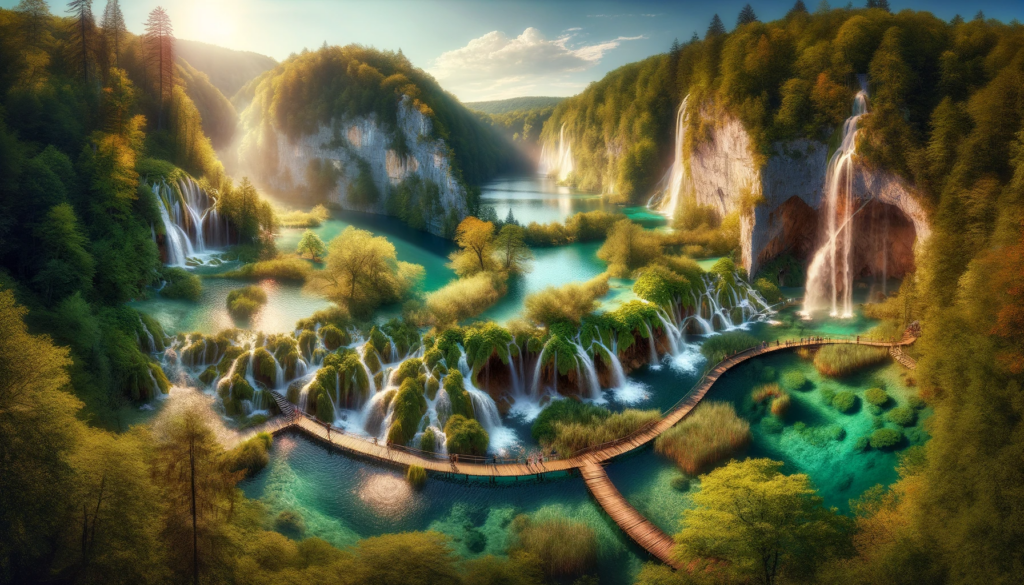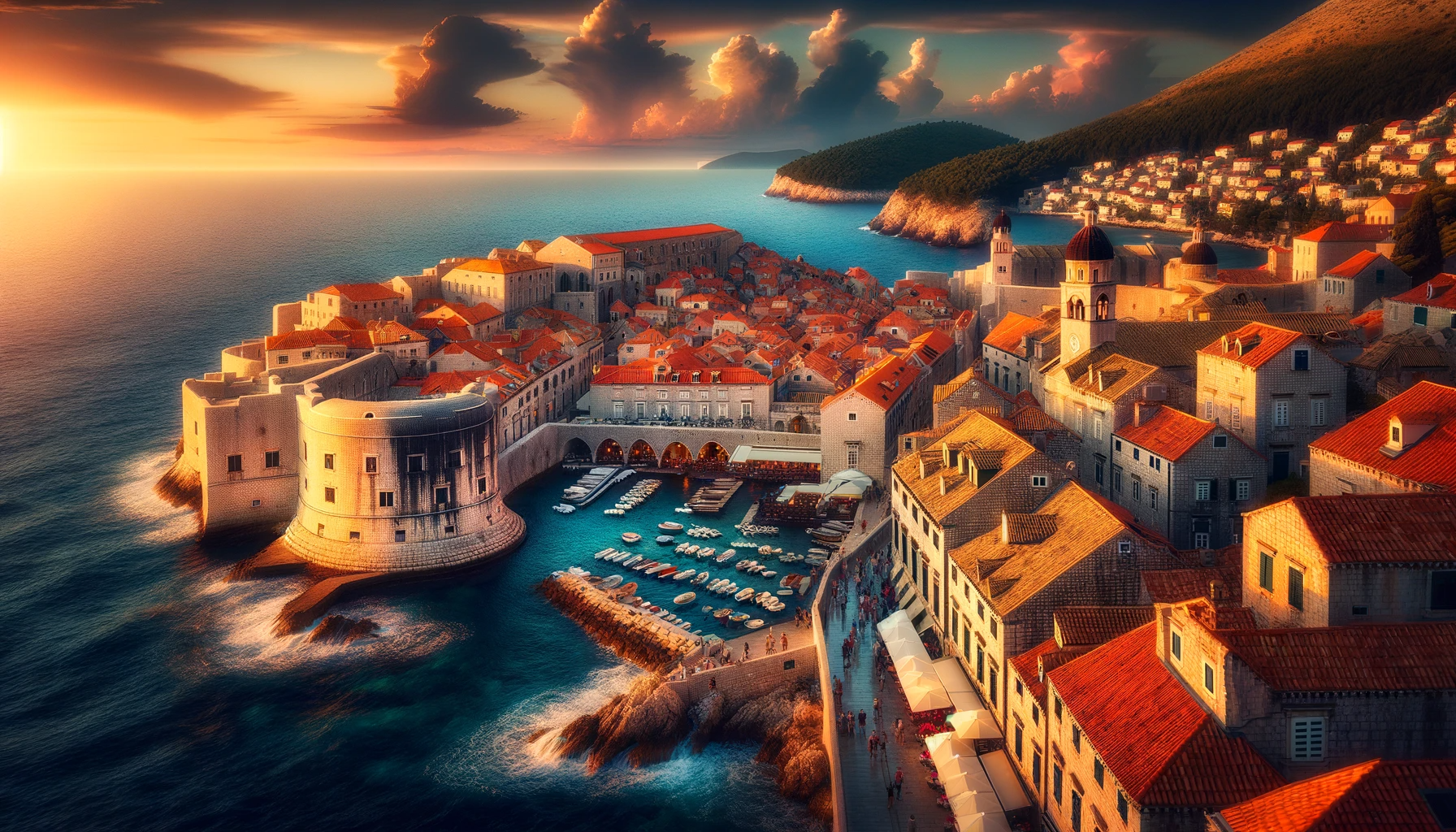Croatia is a country with a storied past, diverse cultural heritage, and natural beauty. It continues to navigate its path as a relatively new independent nation, balancing tourism-driven growth with sustainable development and European integration.
List of National and Public Holidays for Croatia in the year 2024
- New Year’s Day – Monday, 1 January 2024
- Epiphany – Saturday, 6 January 2024
- Easter Sunday – Sunday, 31 March 2024
- Easter Monday – Monday, 1 April 2024
- Labour Day – Wednesday, 1 May 2024
- Corpus Christi – Thursday, 30 May 2024
- Statehood Day – Thursday, 30 May 2024
- Anti-Fascist Resistance Day – Saturday, 22 June 2024
- Victory and Homeland Thanksgiving Day – Monday, 5 August 2024
- Assumption Day – Thursday, 15 August 2024
- All Saints’ Day – Friday, 1 November 2024
- Remembrance Day – Monday, 18 November 2024
- Christmas Day – Wednesday, 25 December 2024
- St. Stephen’s Day – Thursday, 26 December 2024

History
- Early Civilizations: Inhabited since the prehistoric period, with influences from various civilizations including the Illyrians, Romans, and Slavs.
- Medieval and Habsburg Rule: Emerged as a kingdom in the Middle Ages, later becoming part of the Habsburg Empire, which influenced its culture and architecture.
- 20th Century and Independence: After World War I, it became part of Yugoslavia. Gained independence in 1991 after a war following the breakup of Yugoslavia.
Geography
- Location and Terrain: Situated in Southeast Europe along the Adriatic Sea, Croatia is known for its stunning coastline, over a thousand islands, and diverse inland regions, including mountains, plains, and forests. It borders with Slovenia and Hungary to the north, Serbia and Bosnia and Herzegovina to the east, Montenegro to the south.
- Climate: Predominantly Mediterranean along the coast, with hot, dry summers and mild, wet winters. Continental climate in the interior.
Culture
- Rich Heritage: A blend of Central European and Mediterranean cultures. Renowned for its historical towns, UNESCO World Heritage Sites, and traditional folklore.
- Arts and Music: Known for its traditional music, folk dances, and vibrant festivals. The country has a strong literary tradition and a growing film industry.
- Cuisine: A mix of Slavic and Mediterranean influences, famous for dishes like seafood along the coast, truffles, and wines.
Economy
- Post-Independence Transition: Transitioned from a socialist economy to a market-oriented system. Joined the European Union in 2013.
- Key Sectors: Tourism is a significant contributor, along with shipbuilding, agriculture, and an emerging IT sector.
- Challenges and Growth: Economic challenges include managing public debt and fostering sustainable growth. Efforts are being made to improve infrastructure and business environment.
Society
- Population: Ethnically diverse with the majority being ethnic Croats and significant Serbian minority, among others.
- Languages: Croatian is the official language. English and other European languages are widely spoken, especially in tourist areas.
- Education and Healthcare: Provides universal healthcare and compulsory education, with a focus on improving quality and accessibility.
Environmental Focus
- Natural Beauty: Home to several national parks like Plitvice Lakes and Krka, known for their natural beauty and biodiversity.
- Sustainability Efforts: Focusing on sustainable tourism, protecting its coastline and natural parks, and promoting eco-friendly practices.
Government and Politics
- Democratic Republic: A parliamentary constitutional republic with a president as the head of state and a prime minister as the head of government.
- EU Membership: Active in the European Union, contributing to regional policies, particularly in the areas of environmental protection and sustainable development.

Tourism
- Diverse Attractions: Known for its beautiful Adriatic coast, historic cities like Dubrovnik and Split, and cultural events such as the Dubrovnik Summer Festival.
- Heritage and Activities: Rich in cultural heritage with numerous UNESCO sites like Dubrovnik and the Plitvice Lakes National Park, offering activities like sailing, hiking, and exploring medieval architecture.
Challenges and Future Outlook
- Economic Development: Diversifying the economy beyond tourism and enhancing competitiveness in the global market.
- Demographic Trends: Addressing issues related to an aging population and emigration of young professionals.
- Regional Integration: Balancing national interests with EU integration and fostering regional cooperation in the Balkans.

